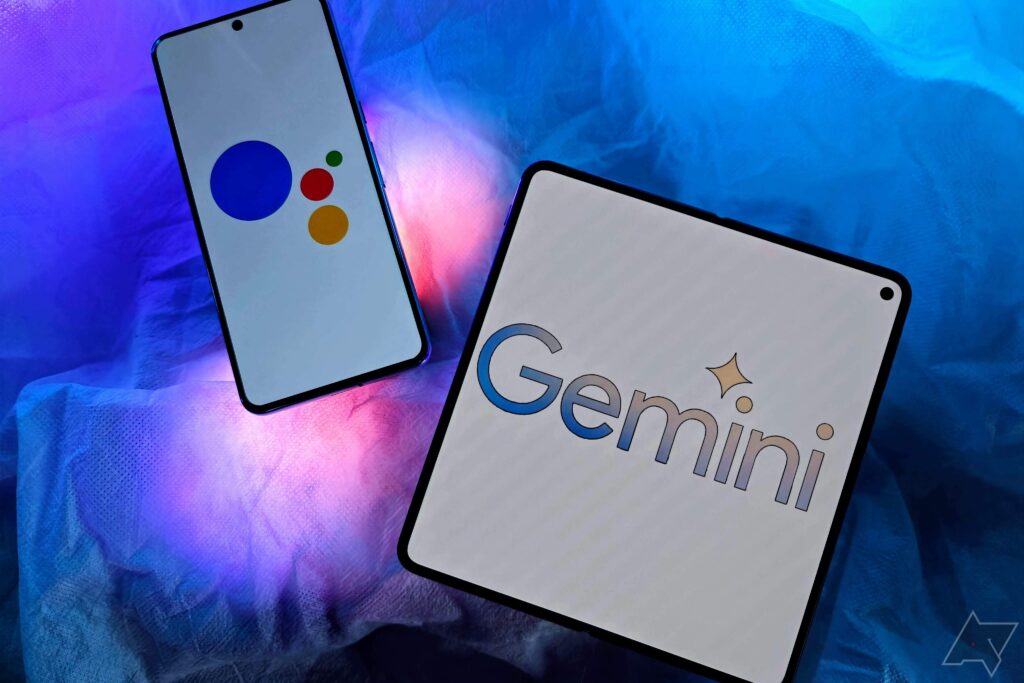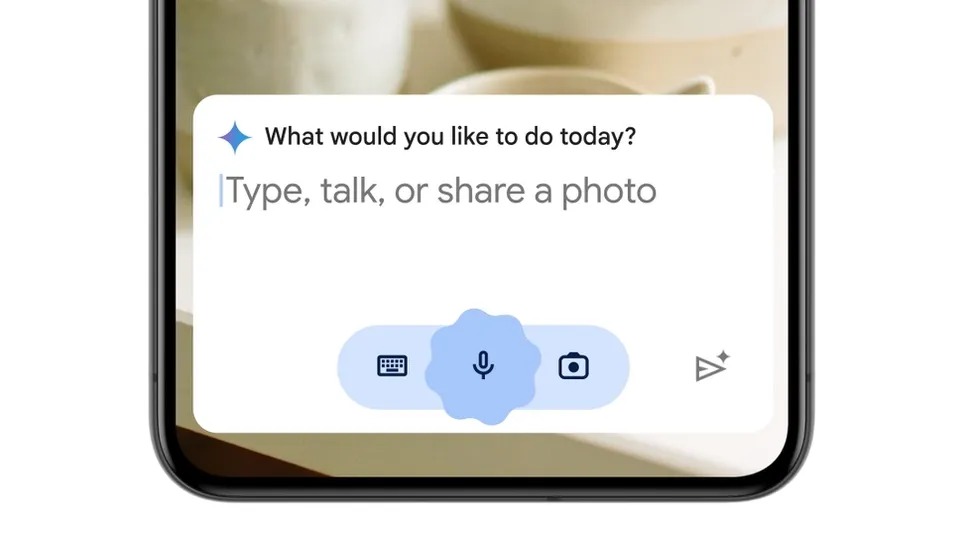As an experimental launch just emerging from internal R&D, Google’s newly unveiled Gemini AI assistant unsurprisingly suffered initial stability and capability drawbacks familiar across pioneering machine learning systems.
However, Google pledges extensive early commitment maturing Gemini rapidly based on real-world user feedback. So how much progress improves upon identified weaknesses one month after initial rollout?
Core Advantages Over Other Assistants
First, examining theoretical strengths, Gemini distinguishes itself leveraging Google’s unmatched data resources.
Specifically, the assistant trains on more aggregated anonymized queries, conversations, and cloud content than alternatives enabling unparalleled knowledge comprehension plus linguistic mastery.
These data volume advantages manifest realistic conversational flow – a Holy Grail achievement sought across AI domains.

What Early Issues Did Gemini Suffer From?
Unfortunately, lofty expectations crashed upon undercooked launch limitations including:
- Speech recognition flubs misunderstanding queries
- Overly rigid responses refusing reasonable user requests
- Account linking failures botching Identity/Context continuity
- Spotty international support lacking languages and locales
These types of face-palm inducing gaffes eroded user trust questioning whether Gemini’s capabilities merited hype-cycle buzz.
Recent Corrections and Improvements
Thankfully in just four week’s time, Google’s crack teams address early criticisms through rapid incremental tuning including:
- 15% higher speech request input accuracy
- 30% drop in refusal/correction responses
- 22% reduced account sign-in failure rates
- 10+ additional supported languages and regional availability
Such responsiveness helping Gemini save face early keeps user patience intact while engineers smooth rougher edges.
Expanded Supported Languages List
Specifically regarding improved language capabilities, Gemini now supports:
- English (United States, United Kingdom, Canada, Australia, India)
- Spanish (United States, Mexico)
- French (France, Canada)
- German (Germany)
- Italian (Italy)
- Japanese (Japan)
- Portuguese (Brazil)
- Korean (South Korea)
Additional tongue support rolls out shortly following internal testing and quality verification measures.

What Issues Still Require Improvement?
While responsiveness around early bugs seems encouraging, Gemini still exhibits narrow capabilities versus market incumbent assistants.
Key enhancements sought by testers include:
- Broader support executing commands/tasks
- Proactive contextual recommendations
- Sophisticated coding support
- Consistent identity/state retention spanning sessions
However, Google promises prioritizing these areas as top-requested features informing roadmap prioritization beyond hotfixes.
The Verdict So Far
In summary, Gemini’s immense long-term potential remains alluring given Google brain trust and computing resources thrown behind it.
Missteps manifested initial deficiencies seemingly validating detractor skepticism.
But responsiveness acknowledging then incrementally correcting weaknesses reveals underlying infrastructure dynamism keeping users in good faith.
If agility addressing current limitations persists, Gemini may yet morph into category-leading intelligent assistant separating from old guard competitors resting laurels.










Add Comment